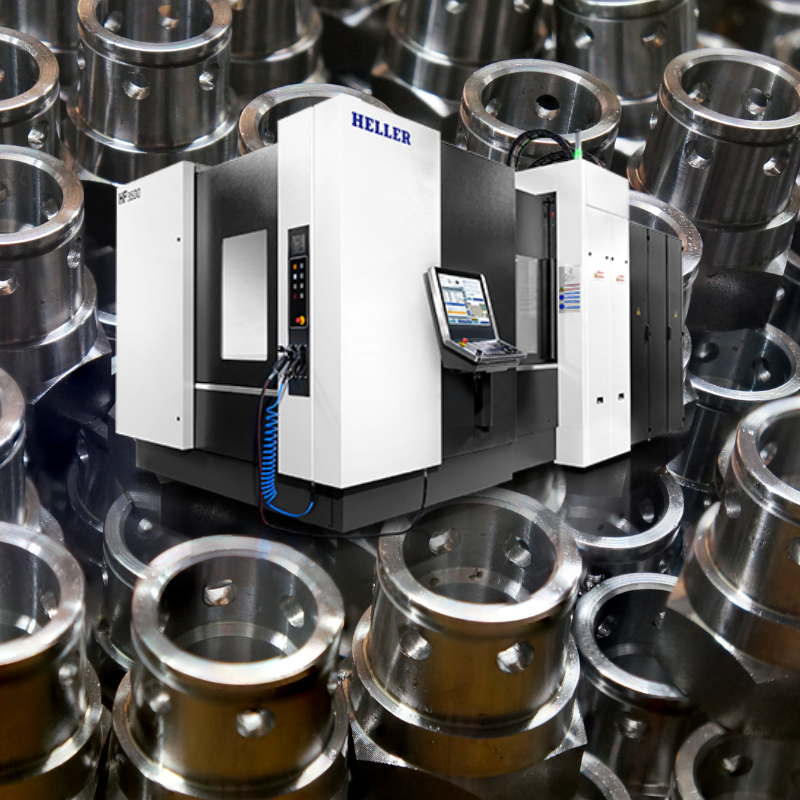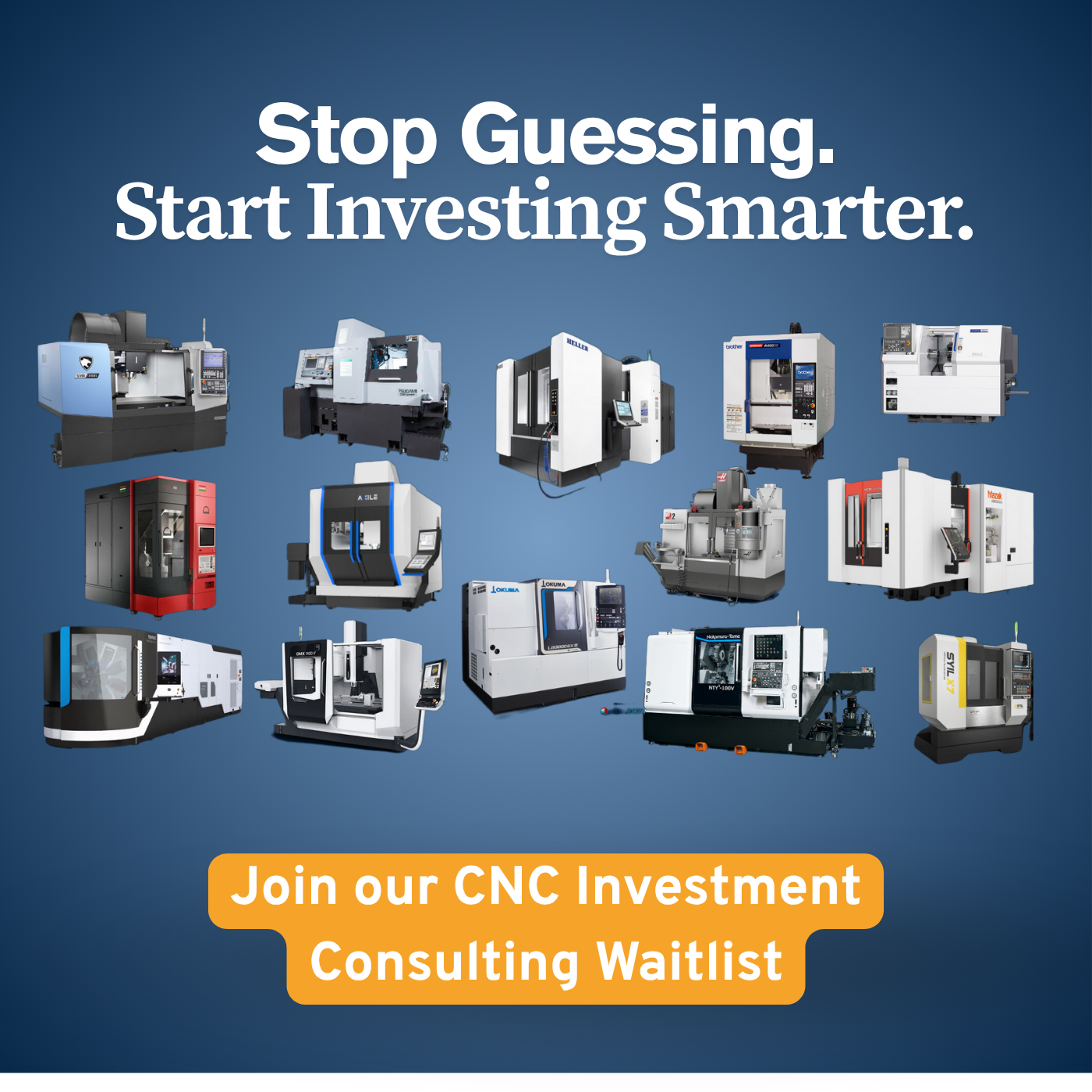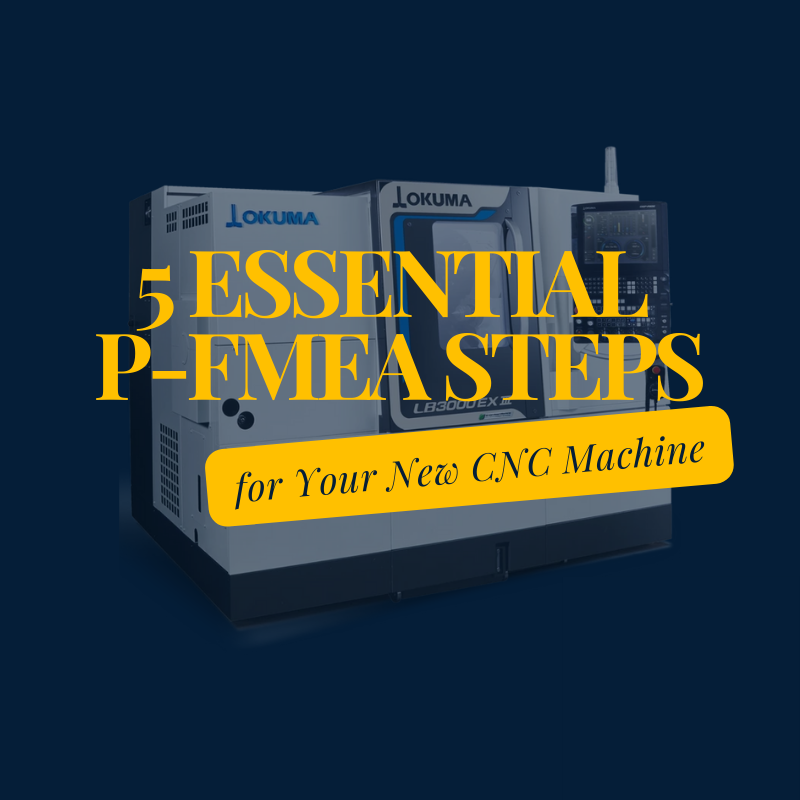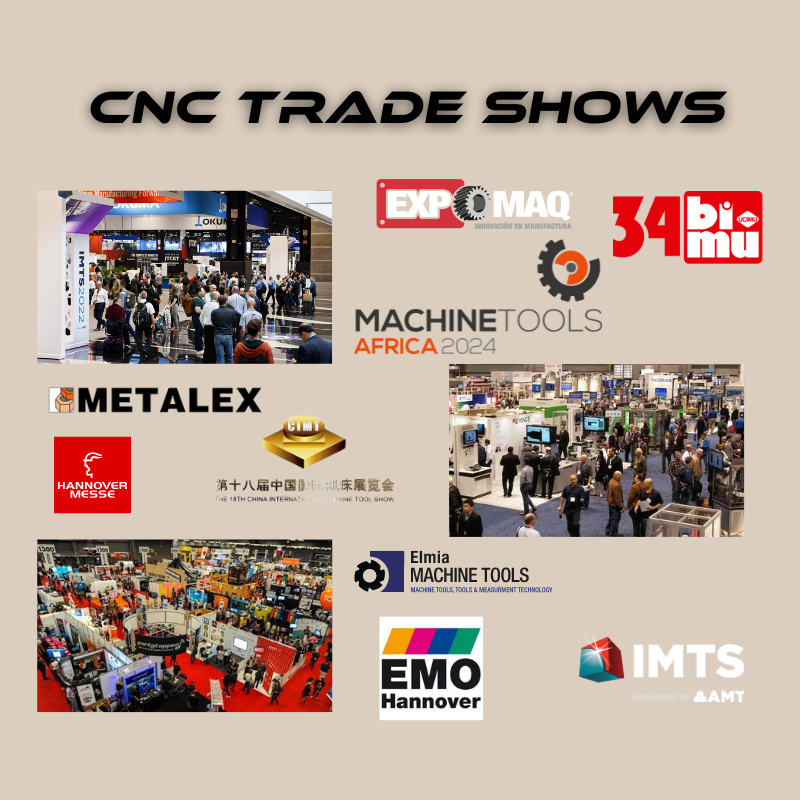When it comes to investing in CNC machinery, the decision to buy the machine or secure a job first can be daunting. As a general rule, securing a job before purchasing a CNC machine is often more practical. Having a guaranteed income can provide the financial stability needed to make such a significant investment. Conversely, buying the machine first might be worthwhile if you have a clear plan for its use and potential jobs lined up.
Understanding Financial Stability
Investing in a CNC machine is a significant financial commitment. For many, the logical first step is securing a job that guarantees a steady income. This approach minimizes financial risk, providing the stability to afford not just the machine but also any additional costs such as maintenance, software, and materials.
By securing a job first, you ensure that you have the necessary capital to support your CNC venture without falling into debt. For instance, many CNC operators start by working for established shops, learning the ropes while building up savings to eventually purchase their own machines.
Assessing Market Demand
Before deciding, it's key to research the market demand for CNC services in your area. If there’s a high demand and you have the skills to fulfill that demand, investing in a CNC machine might pay off quickly. However, if the market is saturated or you’re unsure of your customer base, it’s wiser to secure a job first. This not only provides income but also gives you insight into the industry's demands and trends.
Consider talking to local businesses, attending industry conferences, and networking with other CNC professionals to gauge market demand. This research can inform your decision and help you plan your investment more effectively.
Evaluating Skill and Experience
Your level of expertise is another important factor. If you're new to CNC machining, securing a job first can provide valuable experience and training. Working under experienced professionals can enhance your skills, making you more confident and competent when you eventually purchase your machine.
Equally, if you’re already a seasoned CNC operator with a clear plan and potential clients, investing in your machine might be the next logical step. In this case, your experience reduces the risk and increases the likelihood of a successful venture.
Weighing Initial Costs and Financing Options
CNC machines come with high upfront costs. Besides the machine itself, you’ll need to consider software, tooling, workspace, and utilities. Securing a job first can help you save up for these expenses. Additionally, having a steady job can improve your credit rating, making it easier to secure financing if you decide to purchase the machine later.
Explore financing options such as loans, leases, and grants. Some manufacturers offer financing plans tailored to CNC buyers. Weigh these options against your financial situation and future plans.
Building a Business Plan
Whether you decide to buy the machine first or secure a job, having a solid business plan is essential. Your plan should outline your goals, target market, pricing strategy, and financial projections. This plan can guide your decisions and help you stay focused.
If you opt to secure a job first, use this time to refine your business plan. Gather information from your job about operational costs, customer preferences, and market trends. This data will be invaluable when you’re ready to invest in your machine.
Steps to Make an Informed Decision
- Evaluate Your Financial Situation: Assess your savings, income stability, and ability to secure financing.
- Research Market Demand: Understand the local market for CNC services.
- Gain Experience: If you’re new to CNC, consider working for a shop first.
- Develop Skills: Enhance your skills and knowledge through job experience or training.
- Plan Your Investment: Create a detailed business plan with financial projections.
- Explore Financing Options: Research loans, leases, and grants.
- Network with Professionals: Seek advice from experienced CNC operators.
- Monitor Industry Trends: Stay updated on CNC technology and market trends.
- Make a Decision: Based on your research, skills, and financial readiness, decide the best approach for you.
The decision to buy a CNC machine or secure a job first depends on your financial stability, market demand, and level of expertise. By carefully evaluating these factors, you can make an informed decision that aligns with your goals and sets you up for success in the CNC industry. Whether you choose to gain job experience first or dive straight into machine ownership, a well-thought-out plan will be your greatest asset.
If You Decide to Buy the Machine First, What Kind of Machine Should You Buy?
Choosing the right CNC machine is important for ensuring that your investment pays off. Here's a detailed guide to help you select the best machine for your needs.
Assessing Your Needs and Capabilities
Before purchasing a CNC machine, you need to clearly define your specific needs and capabilities. Consider the following:
- Type of Work: What kind of projects do you plan to undertake? Different machines are suited for different types of work.
- Material: The type of material you will be working with influences the machine you should choose. Some CNC machines are designed to handle specific materials better than others.
- Precision and Tolerance: Determine the level of precision and tolerance your projects require. High-precision work will need a more advanced, and typically more expensive, CNC machine.
- Volume of Work: Consider how often you will be using the machine. For high-volume production, a more robust and automated machine may be necessary, while for occasional use, a less expensive model might suffice.
Key Features to Consider
- Spindle Speed and Power: Higher spindle speeds are valuable for soft materials while hard materials require more power.
- Table Size and Travel: Ensure the machine’s worktable is large enough for your projects. The travel distance of the machine’s axes determines the maximum size of the part you can produce.
- Software Compatibility: The CNC machine should be compatible with the CAD/CAM software you plan to use. User-friendly software can significantly reduce the learning curve.
- Accuracy and Repeatability: Look for machines that offer high accuracy and repeatability, which is crucial for producing consistent parts.
- Support and Warranty: Choose a machine from a reputable manufacturer that offers good customer support and warranty. This can save you a lot of trouble if you encounter any issues with the machine.
Budget Considerations
Your budget will heavily influence your choice of CNC machine. Here are some tips to balance cost and functionality:
- Entry-Level Machines: For those new to CNC, entry-level machines are a cost-effective way to start. They are generally less expensive but come with limited features and capabilities.
- Mid-Range Machines: These offer a good balance of price and performance, suitable for small to medium-sized businesses.
- High-End Machines: If you require high precision, durability, and advanced features, investing in a high-end machine can be worthwhile. These machines are more expensive but provide superior performance and longevity.
When deciding to buy a CNC machine first, it's essential to assess your needs, understand the different types of machines, and consider key features and budget. By doing thorough research and planning, you can select a machine that meets your requirements and sets you up for success in your CNC projects. Whether you're aiming for high precision work or handling various materials, choosing the right CNC machine is the first step towards achieving your goals.
If You Got the Job First, How Should You Specify Your New Machine?
Securing a job before buying a CNC machine gives you valuable insights into the specific requirements of your work. Here’s how you can use this advantage to specify the perfect CNC machine for your needs.
Planning for Future Needs
While your primary focus should be on the immediate job requirements, it’s wise to invest in a machine that offers a bit more capability than what’s currently needed. This foresight can prepare you for future projects and unexpected demands, ensuring that your machine remains versatile and useful over time.
Understanding Job Requirements
- Project Scope and Volume: Clearly define the scope and volume of the projects you will be handling. If your job involves high-volume production, you'll need a machine designed for durability and efficiency. For smaller, custom projects, precision and versatility will be more important.
- Material Specifications: Identify the materials you will be working with most frequently. Different CNC machines are optimized for different materials.
- Tolerance and Precision: Determine the required tolerances and precision for your work. High-precision jobs require machines with finer resolution and accuracy.
- Work Environment: Consider the environment in which the machine will operate. Factors such as available space, noise levels, and dust control can influence the type of machine you choose.
Customizing Machine Features
- Spindle Options: Choose a spindle that matches your job requirements.
- Tool Changer: If your projects require multiple tools, a machine with an automatic tool changer (ATC) can save time and increase productivity.
- Table Size and Travel Distance: Specify a worktable size that accommodates the largest parts you will produce. The travel distance of the machine’s axes should match the dimensions of your typical projects.
- Software Integration: Ensure the machine is compatible with the CAD/CAM software used by your company. Seamless software integration can streamline your workflow and improve efficiency.
- Automation and Accessories: Consider additional features like automation, cooling systems, and dust collection. These can enhance the machine's performance and extend its lifespan.
Budgeting and Financing
- Cost Analysis: Perform a cost analysis that includes not just the purchase price of the machine but also installation, training, maintenance, and operating costs.
- Financing Options: Explore financing options such as leasing, loans, and manufacturer financing. Some manufacturers offer flexible payment plans and support services.
- Return on Investment (ROI): Calculate the expected ROI based on the increased productivity and potential revenue from the new machine. A well-specified machine can significantly boost your profitability.
Testing and Trials
Before making a final decision, request a demonstration or trial period for the machine. Testing the machine in real-world conditions can help you verify its performance and suitability for your specific needs.
Documentation and Training
Ensure you receive comprehensive documentation and training for the new machine. Proper training for operators and maintenance staff is crucial for maximizing the machine's efficiency and lifespan.
So, by securing a job first, you can tailor your CNC machine specifications to meet the exact demands of your work while planning for future needs. Understanding project requirements, consulting with experts, and conducting thorough cost analysis are key steps in this process. Investing in a machine with a bit more capability than currently required can enhance productivity, ensure high-quality output, and provide flexibility for future projects. This approach will help you achieve a favorable return on investment and sustain your business growth.




